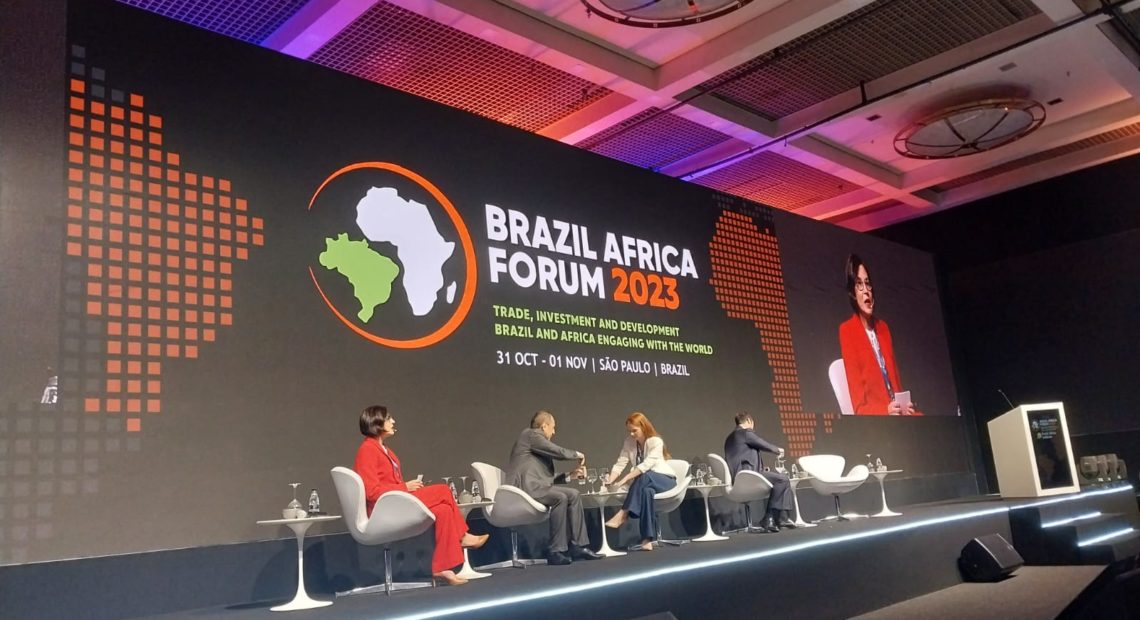By Jim Miller, Political Affairs Editor, The Scottish Farmer
 Over two days we heard from supply chain experts, politicians, farmers and agri-professionals about a range of issues and opportunities. But for Alana, the standout session was delivered by Dr Awal Fuseini, Senior Halal Sector Manager at AHDB.
Over two days we heard from supply chain experts, politicians, farmers and agri-professionals about a range of issues and opportunities. But for Alana, the standout session was delivered by Dr Awal Fuseini, Senior Halal Sector Manager at AHDB.
With a background in meat science and a PhD from Bristol University, Dr Fuseini expertly outlined the economic opportunities for farmers looking to understand a growing market.
Dr Fuseini started by explaining that only two slaughter protocols are recognised by UK law for religious communities: halal for the Muslim community and shechita for the Jewish community.
Many of us think of halal as purely ‘non stun’ slaughter, but there are in fact three categories within halal: Non-Stun, WASK-stun and All-Stun. Further to this, a recent slaughter sector survey found that 87% of all Halal slaughter is actually stunned.
For most farmers, conversations about faith consumers and ethnic markets aren’t the usual topic of conversation over their fly-cup – but they should be.
Well, when valued at nearly £2 billion, the halal market is one that can no longer be ignored.
It is also important to recognise that the Muslim community currently absorbs almost all the domestic mutton trade and a significant portion of the lamb trade too.
Scotland’s general population are not high consumers of sheep meat. QMS’s Scottish Red Meat Industry Profile reports that per capita consumption is sitting at only 2.2kg per year. For comparison, our consumption of beef is 19.2kg per year.
In stark contrast, the Muslim community are above average consumers of lamb and sheep meat, with 62% eating it once per week in comparison to just 6% of the general population reporting weekly consumption. Important religious festivals also peak their consumption and present real opportunities for farmers to tap into this growing market. With our farm finishing about 1000 sheep each year, these statistics certainly made my ears prick up.
We often bemoan the fact that consumers don’t know – or simply don’t care – where their food comes from. However, after Dr Fuseini’s presentation, I believe that there is a large consumer base that I’m sure would welcome engagement from the farming community.
I found my first OFC experience to be a fantastic way to start the year. I would strongly encourage anyone aged 30-45 to apply for next year’s Inspire Programme and benefit from the new networks and diverse thinkers that the programme exposes you to.


